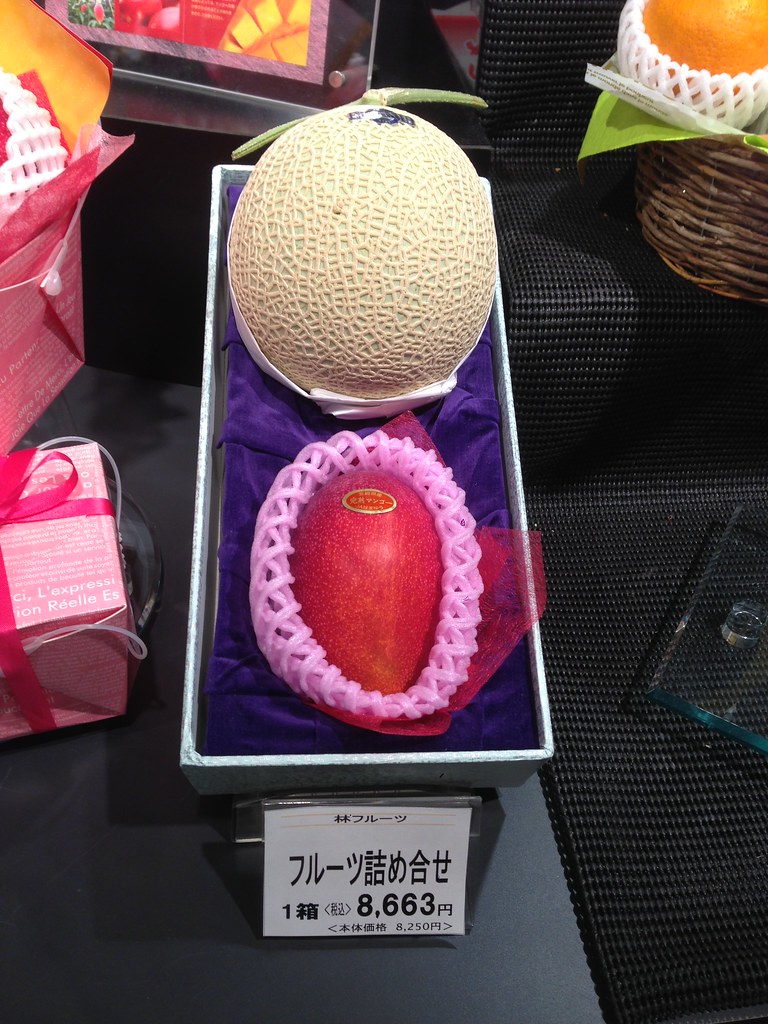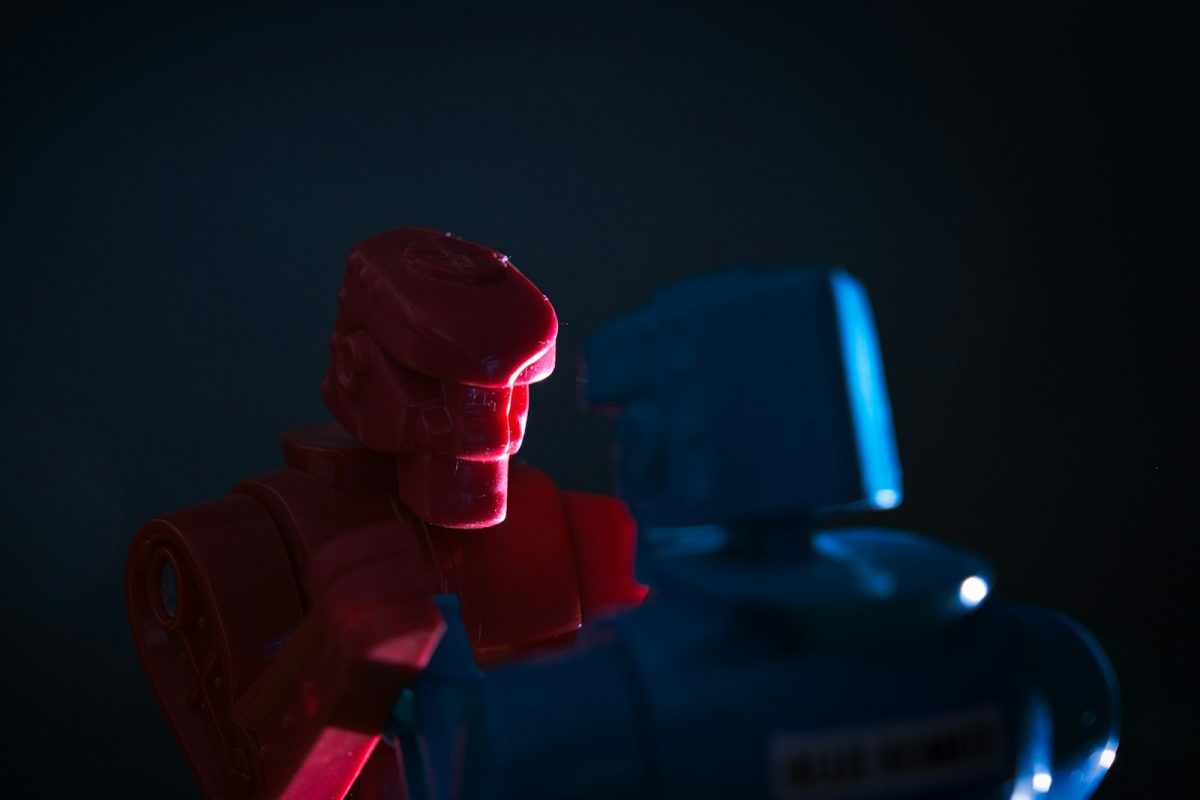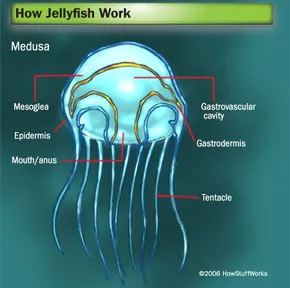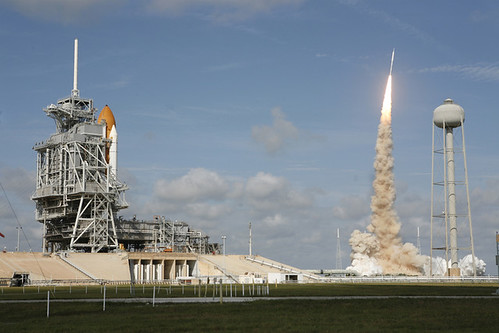How Plastics Are Made In A Factory
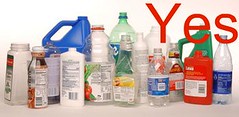
“Yes – Plastic bottles” by Montgomery Cty Division of Solid Waste Services is marked with CC BY 2.0.
Before manufactured plastics were used, people used plastics from plants, such as sap.
Now, people use manufactured plastics made from fossil fuels.
Crude oil and natural gases are primary sources, as they provide a cheap alternative to plastics made from plants.
On the molecular level, plastics are made out of polymers, which are long flexible chains of chemical compounds.
This structure allows plastics to be easily molded and shaped, especially under heat and pressure.
The first step in producing plastics is the extraction is to get the oil from the ground.
A hole is drilled in the ground to the oil pumped from the surface.
A PumpJack is used to pump underground oil to the surface. The oil is then pumped into a pipeline and sent to an oil refinery. Different sized pumps can produce between 5 and 40 liters per stroke.
The oil and natural gas are made into several products, such as the building blocks of plastics—ethane from crude oil and Propane from natural gas.
Ethane and Propane are then sent to a cracker plant to be broken down into smaller molecules.
Ethane becomes Ethylene, and Propane becomes Propylene. Next, a catalyst is mixed in, linking the molecules together and forming polymers called resins.
Polymerization converts Ethylene into the resin, Polyethylene, and Propylene into Polypropylene.
Then, the resins are melted, cooled down, and chopped up into pre-production plastic pellets known as nurdles.
Nurdles are later transported to manufacturers who use heat to mold the nurdles into different types of plastic products.
RELATED STORIES:
https://www.acplasticsinc.com/informationcenter/r/7-different-types-of-plastic-and-how-they-are-used
https://www.chemicalsafetyfacts.org/plastics/
https://www.cnet.com/science/dont-recycle-your-plastics-the-wrong-way-heres-how-to-do-it/
https://www.nationalgeographic.com/environment/article/plastic-pollution
TAKE ACTION:
https://www.cbsnews.com/news/why-us-plastics-recycling-needs-work-earth-day/
https://www.plasticsnews.com/blog/kickstart-recycling-complicated
